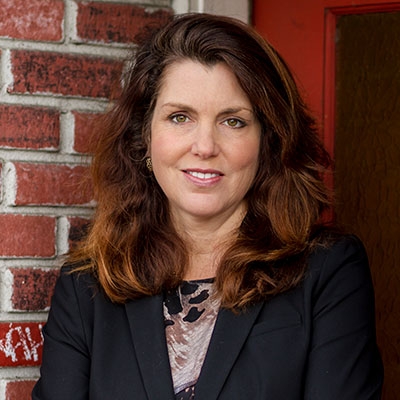A Changing Climate Means A Changing Society. The Island Press Urban Resilience Project, Supported By The Kresge Foundation And The JPB Foundation, Is Committed To A Greener, Fairer Future. This Article Was Originally Published September 8, 2018 In The Progressive.
On August 30, more than 40 U.S. senators sent a letter to Education Secretary Betsy DeVos, urging her to abandon a reported plan to let states use federal grants to buy guns for teachers and school staff.
It’s the latest wrinkle in President Donald Trump’s call to “harden” schools against gun violence, in response to the deadly Valentine’s Day shooting at Marjory Stoneman Douglas High School in Parkland, Florida, which left 17 dead.
Trump’s proposal triggered alarm bells among major education organizations, which adamantly oppose efforts to arm school personnel, unless it’s a security officer. Representatives from these organizations cite a range of reasons, from the dangers of creating a bunker-like mentality to the added burden of turning teachers into armed security guards.
Fortunately, it is not necessary to model our schools after maximum-security prisons. There are better ways to create safe, nurturing environments where kids can learn. Just ask Godwin Higa, the former principal of Cherokee Point Elementary School in the low-income City Heights neighborhood of San Diego.
Under Higa’s leadership, Cherokee Point became a “trauma-informed school” — a place where all staff, from custodians to the principal, support a culture of respect and openness. At Cherokee Point, exclusionary practices such as suspensions and expulsions are used sparingly, if at all. Angry or withdrawn kids get extra attention, and are offered various services and supports.
When Higa became the principal at Cherokee Point in 2008, he was determined to focus on the “whole child” — that is, to understand the child’s life circumstances and emotional state. He and his staff began responding to students who acted out by asking “What happened to you?” not “What’s wrong with you?”
After they talk, Higa said, usually the child feels better, the disruptive behavior generally fades away, and a trusting bond is formed.
Grant funding has vastly expanded this “whole child” approach. Now all students at Cherokee Point get breakfast, medical exams, counseling when needed, among other supports. Suspensions plummeted to zero by 2014.
Schools from Washington state to Washington, D.C., have begun re-orienting in this direction. And it’s a model with strong bipartisan support. In fact, even as she mulls putting more guns in schools, Betsy DeVos observed in a recent op-ed that “creating a positive school climate is crucial to combating the social and emotional isolation that can drive students to violent behavior.”
It’s true that this approach requires extra funding and the presence of additional caring adults in the form of counselors, school nurses, trained parent volunteers and others. But it has benefits that go beyond safety. Trauma-informed schools, studies show, teach social-emotional skills that last a lifetime, while improving academic performance. And they create a culture in which staff and students enjoy going to school.
Rather than spend more money on a weakly embraced proposal to weaponize the nation’s schools, let’s direct those resources toward cultivating compassionate campuses where kids are far less likely to snap, and where they acquire the skills they need to build more a more peaceful society.



